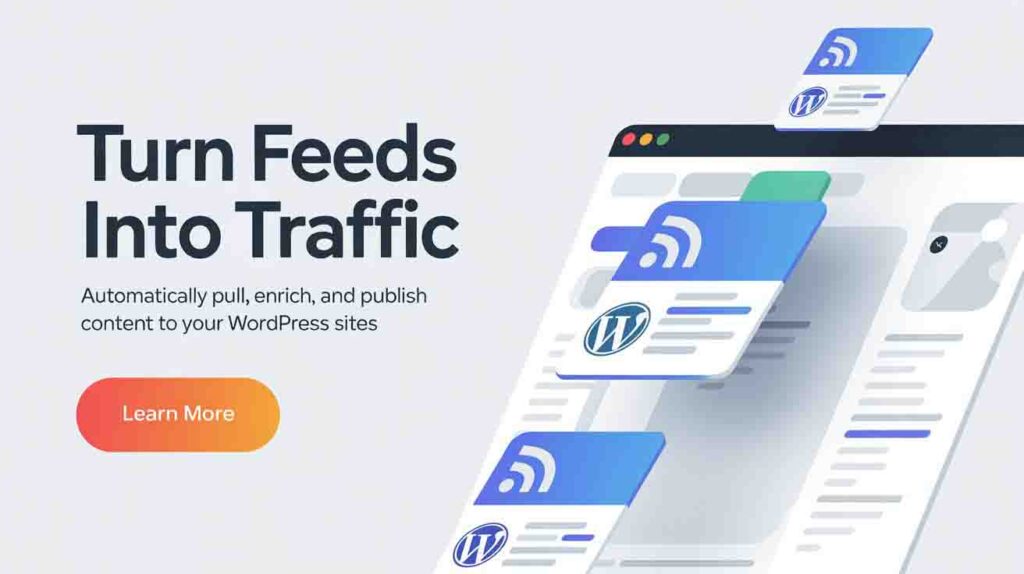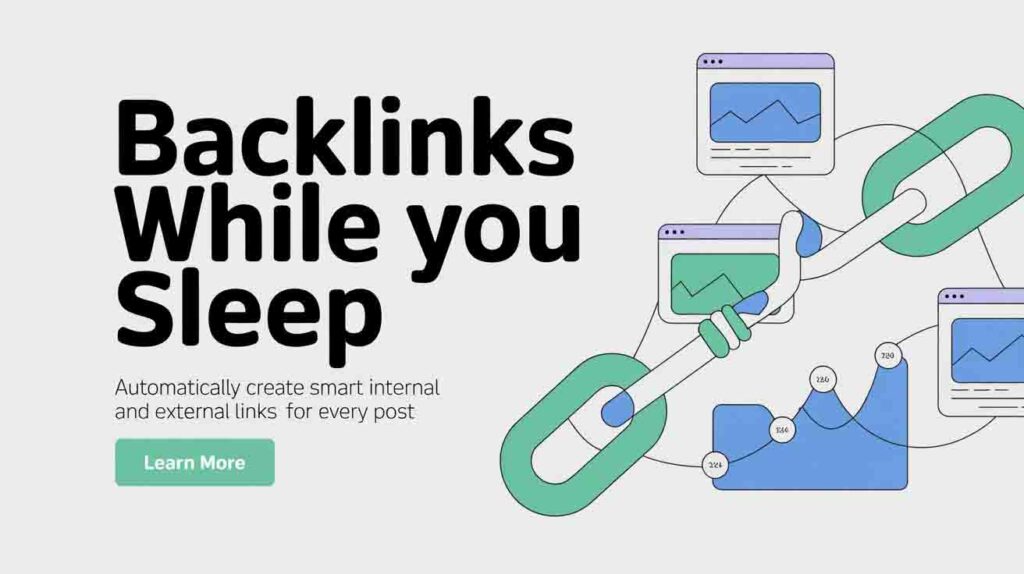Google’s AI Health Coach Preview: Research & Wellness Impact
Note: This post may contain affiliate links, and we may earn a commission (with No additional cost for you) if you make a purchase via our link. See our disclosure for more info.
The public preview of Google's new personal health coach marks a significant step towards empowering individuals to live healthier, longer lives through technology. This innovative service, likely deeply integrated within the Fitbit ecosystem, is designed as an AI-driven companion. It leverages underlying research to provide personalized guidance and support, analyzing user data such as activity levels, sleep patterns, and potentially dietary information to offer tailored recommendations and actionable insights for sustainable healthy habits.
The primary benefits of this AI coach are its capacity for personalization. Users can anticipate receiving customized fitness plans, nutrition advice, and motivational prompts that dynamically adapt to their progress and preferences. This bespoke approach aims to dismantle common barriers to health improvement, making wellness more accessible and less daunting. By offering continuous, on-demand support, the coach assists users in setting realistic goals, tracking achievements, and maintaining momentum, ultimately contributing to enhanced physical and mental health outcomes. The overarching vision is to transition from reactive healthcare to proactive wellness, enabling individuals to actively manage their health journey with intelligent assistance.
However, the deployment of an AI-powered health coach also introduces several considerations and potential risks. Paramount among these are data privacy and security, given the sensitive personal health information the system will process. Users require assurances that their data is protected and utilized ethically. There is also the potential for over-reliance on algorithmic advice, which might inadvertently overshadow the critical importance of professional medical consultation for serious health concerns. Furthermore, algorithmic biases could lead to less effective or even inappropriate recommendations for diverse user demographics. While the article does not detail specific examples, such coaches typically offer features like guided workouts, mindfulness exercises, sleep improvement programs, and habit-building challenges, all customized based on a user's unique health profile and objectives. The success of this preview will depend on a careful balance between advanced AI capabilities and robust ethical safeguards.
(Source: https://blog.google/products/fitbit/research-behind-personal-health-coach-preview/)

